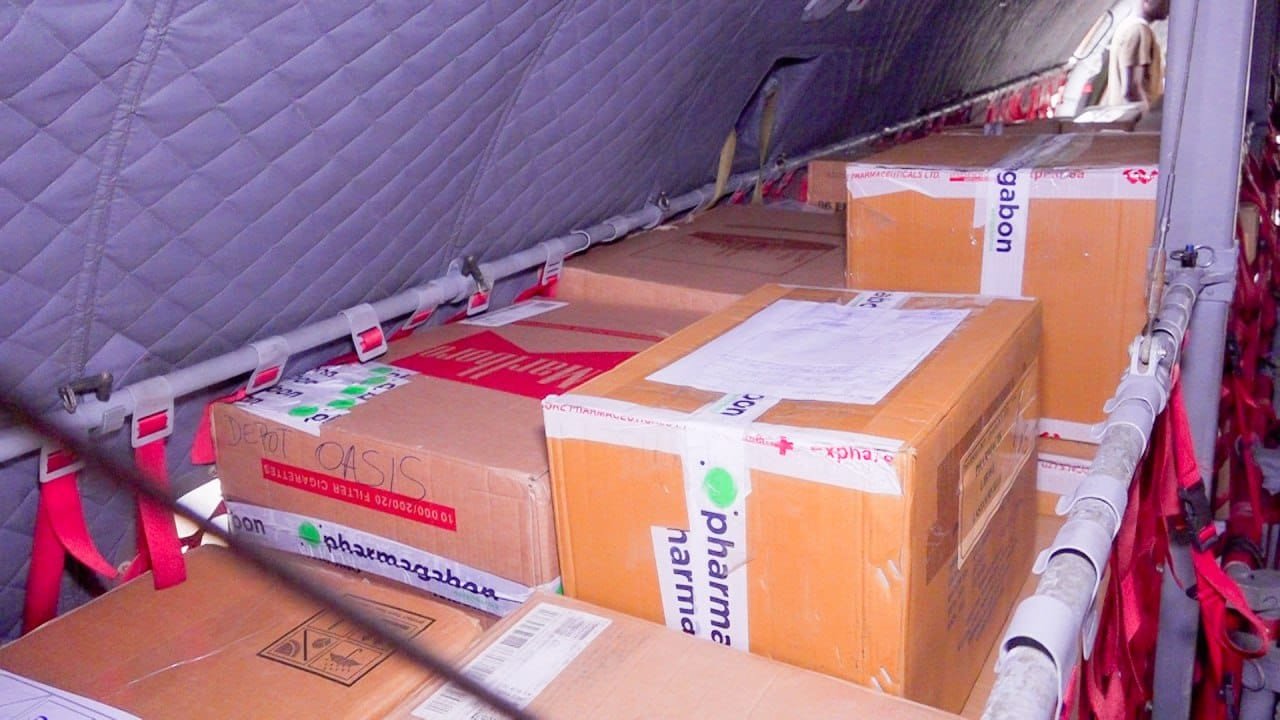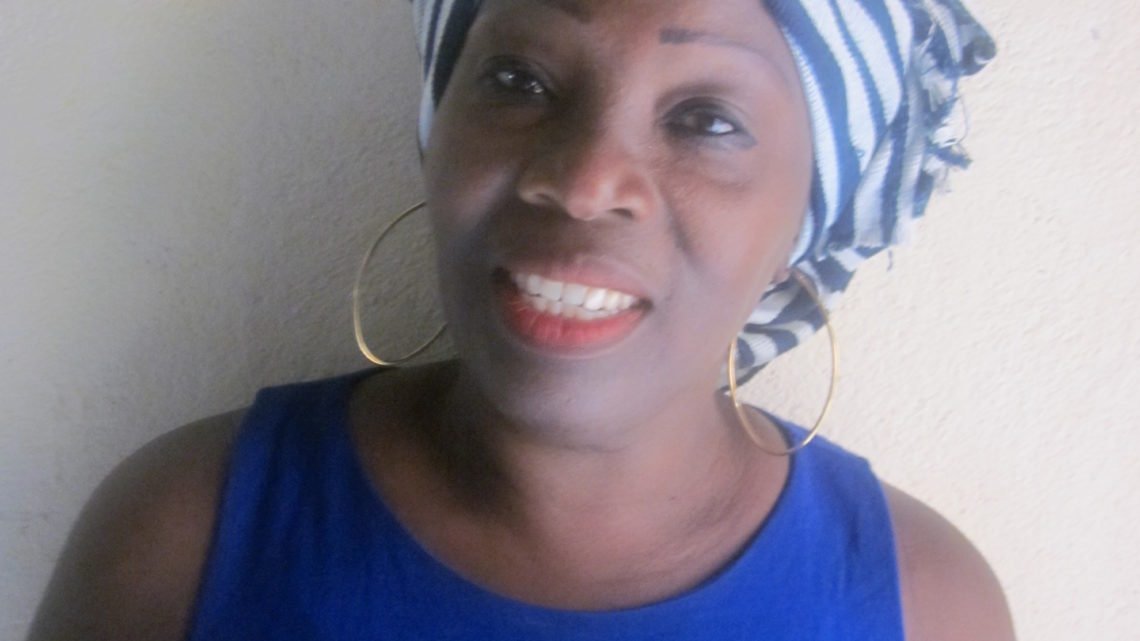The assistant professor of the Faculty of Medicine and Biomedical Sciences has disclosed a plan of extending eye care facilities to most remote areas of the country. She was talking in an exclusive interview on May 07, 2021, during a lecture at the Faculty of Medicine and Biomedical Sciences under the theme. “Eye Health in Primary Health Care Units.”
What is the theme of your today’s lesson, and what motivated you to choose that particular topic to lecture on?
The theme of today’s lesson was talking about primary eye health in the context of primary health care. The health system is organised at various levels; the primary level which is the basic community local level, where we can find health centres and district hospitals, the secondary level where we can have regional hospitals, and the tertiary level where we find reference hospitals where serious cases are transferred to. So eye care can also be distributed at those various levels. If we sit in these various big hospitals and wait for the patients to come, most of them will be blind. You know they are blind most at times because of poverty, and they are in the villages. So we are trying to extend eye care even to the primary health care system s which already exist in Cameroon, so that even at those basic levels, the community should be able to be engaged to change behaviours, to do things that will help them to preserve their eye health, and at the preliminary level the staff that are available there should be trained to recognise severe, acute or threatening eye conditions and quickly refer the patient to those other secondary and tertiary hospital, so that they can go for proper treatment and not get blind.
What message do you have for those young Cameroonians who aspire to study medicine, particularly ophthalmology?
The most important thing to study medicine is to have the passion because it involves a lot of work, many years of study. So they should really be passionate about it. They should not go into the medical field because they want to be rich and famous. They should rather go because they want to serve the patients. You should be able to serve the people; you should be able to do your work with all your heart. That is the most important thing. They should also be hardworking and disciplined because medical school is many years of studies, that is seven years to become a general practitioner, and four more years or five to become a specialist. There is a lot of work after the GCE Advanced Level. So you have to be passionate, and you have to be duty conscious.
What are some of the difficulties you encountered in the course of pursuing you dream?
In my case in particular, I will not say I had many difficulties because I am someone who is determined, passionate, and I love my work, even though it is very demanding. But it was not very easy for me from the very beginning in the faculty of medicine because of the French language. I had a language barrier, so I want encourage all young Cameroonians to really be bilingual because you never know where you can find yourself tomorrow. My first two or three years in the medical school were difficult, but we also have teachers who teach in English. It is just that if you come to the faculty of medicine it will be difficult. But we thank God because they are many schools of medicine all over the country today; there is one in Buea, and another one in Bamenda. So language problem should not be a problem these days because most lectures in these schools are in English. It was a problem only back then when we had one faculty.
What perspectives do you have for the medical field in Cameroon?
That might be a little bit difficult because you know you cannot talk of a vision for a nation without policy making, and you know policy making is at the higher level. It is not an individual thing, it has to involve the pundits, the government, the NGOs, the civil society, and the community. Everyone really has to get involved before you can change something. But at my small level, like what I did today, I think it is important. You know by giving this inaugural lecture which was opened to everyone, people get to learn new things. If you want to understand, if you want to see what they can do at their small level because as I said, the fight against blindness is not only for ophthalmologists. It is something everyone has to embark on because as I mentioned during the lecture, we have simple diseases like conjunctivitis that can make a new born baby to be blind.
Even the midwife has to clean the baby well when he or she is born, because the child goes through the birth canal, and canal infection in the eye is normal, so if you don’t wash it well, and give antibiotics to the child, the child can go blind. So just empowering people at the community level to know what they are supposed to do by keeping their environment clean, can prevent flies, transmission of diseases, which can be cause blindness. So at my own small level, I continue to give these talks and to train my students because I am also a lecturer. I have to train my students to pursue this dream even if they are not going to be ophthalmologists, but even as a general practitioner, even as a specialist in a different field. We all have to do same because even if pediatrician and you see a child with an eye problem, you should think of sending that child quickly to go and see an eye specialist, so that the child does not lose vision.
Ingrid KENGNE

















